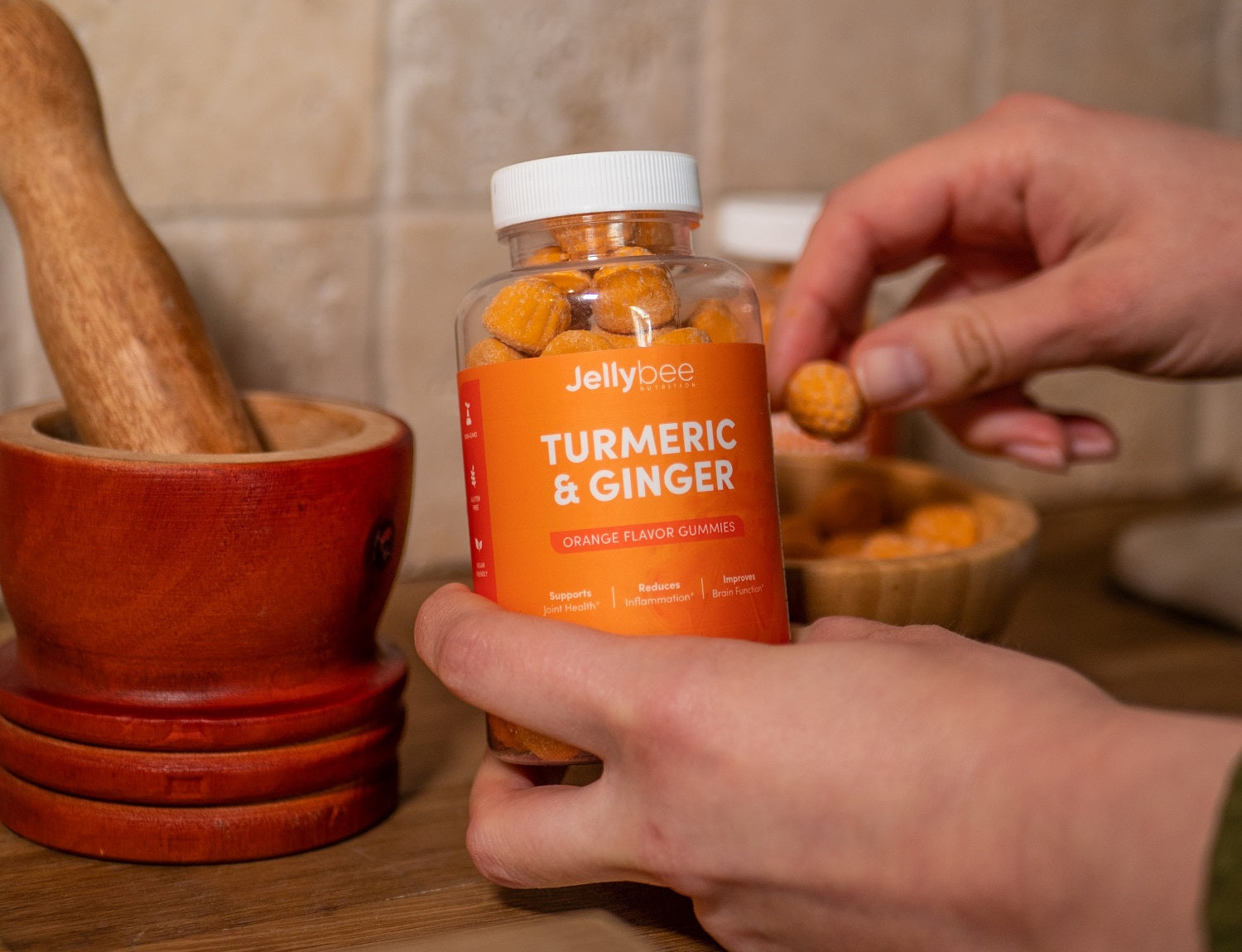Top Supplements for Immune System Support: How to stay alive and healthy!

We all know that winter is coming and flu season is coming. At this time of year, people start to stock up on vitamins and supplements that support their immune systems. But what should you be taking? Keeping your immune system is essential to stay healthy during the cold and flu season and avoid getting a nasty virus. This means eating lots of vitamins, minerals, and other nutrients that keep your body healthy to fight infection when exposed to germs. Fortunately, there are some fantastic immune-supporting supplements, many of which we will discuss in this article. The benefits of these products go beyond just preventing colds – they can also decrease the frequency and intensity of infections if you tend to get sick often or have a weak immune system due to another condition or medication. Let's look at the five best immune-boosting supplements.
Turmeric
Turmeric is one of the most researched natural supplements and is likely responsible for some of your turmeric-infused curries. It is thought that this bright yellow root has antioxidant and anti-inflammatory properties, making it helpful in treating and preventing a wide range of diseases. Turmeric can also be used to support your immune system due to its high levels of curcumin. Curcumin is thought to help with various health issues, including cold and flu viruses. To get the most out of turmeric, you'll want to take it as a supplement. Capsules are the most common way to consume turmeric, although you can also find it in powdered or liquid forms. The recommended dosage of turmeric is 400-500 mg per day.
Vitamin C
Vitamin C is another supplement that has been widely researched, although it has also been studied in combination with other accessories to boost its immune-boosting effects. Antioxidant vitamin C can help your body stay healthy by lowering blood pressure and preventing osteoarthritis in your joints. Vitamin C is also crucial for immune system function, and it has been studied to support healthy respiratory function and reduce the duration and severity of respiratory infections. For best results, you'll want to take vitamin C in a supplement form rather than get it from your diet. Vitamin C is found in lots of fruits and vegetables, but you'd have to eat daily to earn enough to support your immune system. While taking vitamin C during the fall and winter months is best when you're more likely to get sick, it can be beneficial year-round. The recommended daily dosage of vitamin C is around 1,000 mg.
Coenzyme Q10 (CoQ10)
Coenzyme Q10, or CoQ10, is a compound in your cells that's crucial for processing energy. CoQ10 is essential for immune system health since it powers your body's defenses against germs and viruses. CoQ10 can be supplemented through food or, more likely, through a supplement. The recommended daily dosage of CoQ10 is around 30-120 mg. You'll want to take CoQ10 during the fall and winter to support your immune system's natural defenses. Since CoQ10 is a naturally occurring compound in your body, you can continue taking it year-round.
Zinc
Zinc supplements are often used to help support a healthy immune system, and they help treat a variety of health issues. Zinc is essential in many bodily processes, including immune system function. Zinc supplements can help prevent or shorten the duration of respiratory infections and may also help prevent the onset of allergies and autoimmune diseases. Zinc is often taken with other immune-boosting supplements, such as vitamin C and CoQ10. The recommended daily dosage of zinc is 20-30 mg. It would help if you talked to your doctor before taking a zinc supplement, as certain conditions may make zinc supplements unsafe.
Vitamin D
Vitamin D is a naturally occurring hormone that boosts the immune system and helps prevent various diseases. Your skin makes vitamin D when it is exposed to sunlight, but you can also get it from food or supplements. Vitamin D supplements can help prevent respiratory infections and increase your overall health. Vitamin D can also reduce your risk of contracting seasonal affective disorder (SAD), which is expected during the fall and winter. Vitamin D can be taken year-round to boost your immune system. Since it's a hormone, you'll want to take a daily vitamin D supplement rather than a one-time dose. The recommended daily dosage of vitamin D is 400 IU.
Conclusion
We all know that winter is coming and flu season is coming. At this time of year, people start to stock up on vitamins and supplements that support their immune systems. But what should you be taking? Choosing what to bring can take time because there are so many options. The best way to determine which supplements are right for you is to consider your health and talk to your doctor. For example, if you have trouble sleeping, you might benefit from a supplement like melatonin. If you tend to get sick often or have a weak immune system due to another condition or medication, supplements can help you stay healthy when exposed to germs.
